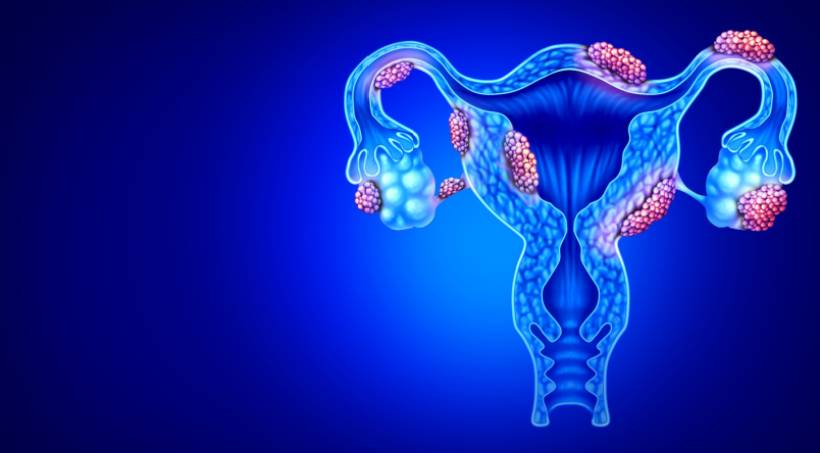Infertility
Infertility & IUI Treatment in PCMC | Infertility Specialist in Bhosari, Pune – Chitte Hospital

At Chitte Hospital, we understand that infertility can be an emotional and challenging journey for couples. Our goal is to provide compassionate, comprehensive, and result-oriented fertility care to help you achieve your dream of parenthood. Led by Dr. Anil Chitte, a highly experienced Infertility Specialist in Bhosari, Pune, we offer advanced diagnostic and treatment options tailored to individual needs.
Expert Infertility Care in PCMC
With over 23 years of experience, Dr. Anil Chitte (MBBS, MD, DGO) is among the most trusted names in fertility and reproductive health. His evidence-based approach and patient-focused care make Chitte Hospital one of the top choices for Infertility and IUI Treatment in PCMC.
We provide a full range of infertility services, including:
- Fertility Evaluation: Comprehensive testing to identify the underlying cause of infertility in both men and women.
- Ovulation Induction: Use of medications to stimulate egg release and improve chances of conception.
- Intrauterine Insemination (IUI): A minimally invasive fertility treatment where healthy sperm is directly placed into the uterus during ovulation for a higher chance of pregnancy.
- Hormonal and Ultrasound Monitoring: Regular assessments to ensure the best timing and effectiveness of treatments.
- Lifestyle and Nutritional Guidance: Personalized advice to enhance fertility health naturally.
Why Choose Chitte Hospital for Infertility & IUI Treatment in PCMC?
- Led by Dr. Anil Chitte, one of the most experienced Infertility Specialists in Bhosari, Pune
- Individualized treatment plans designed for each couple
- State-of-the-art medical technology and laboratory support
- Confidential, ethical, and supportive fertility care environment
- High success rates and transparent consultation process
Your Path to Parenthood Starts Here
Infertility doesn’t mean impossibility — it means finding the right help at the right time. At Chitte Hospital, we stand beside you through every step, from diagnosis to treatment and beyond. Our dedicated fertility care ensures you feel supported, informed, and hopeful throughout your journey.
📍 Visit Us: Chitte Hospital, Indrayani Nagar, Bhosari, Pune – Near PMPL Bus Depot
📞 Call Now: 084217 56780 / 099755 07955
Chitte Hospital – Your Trusted Destination for Infertility & IUI Treatment in PCMC, Bhosari, Pune.
